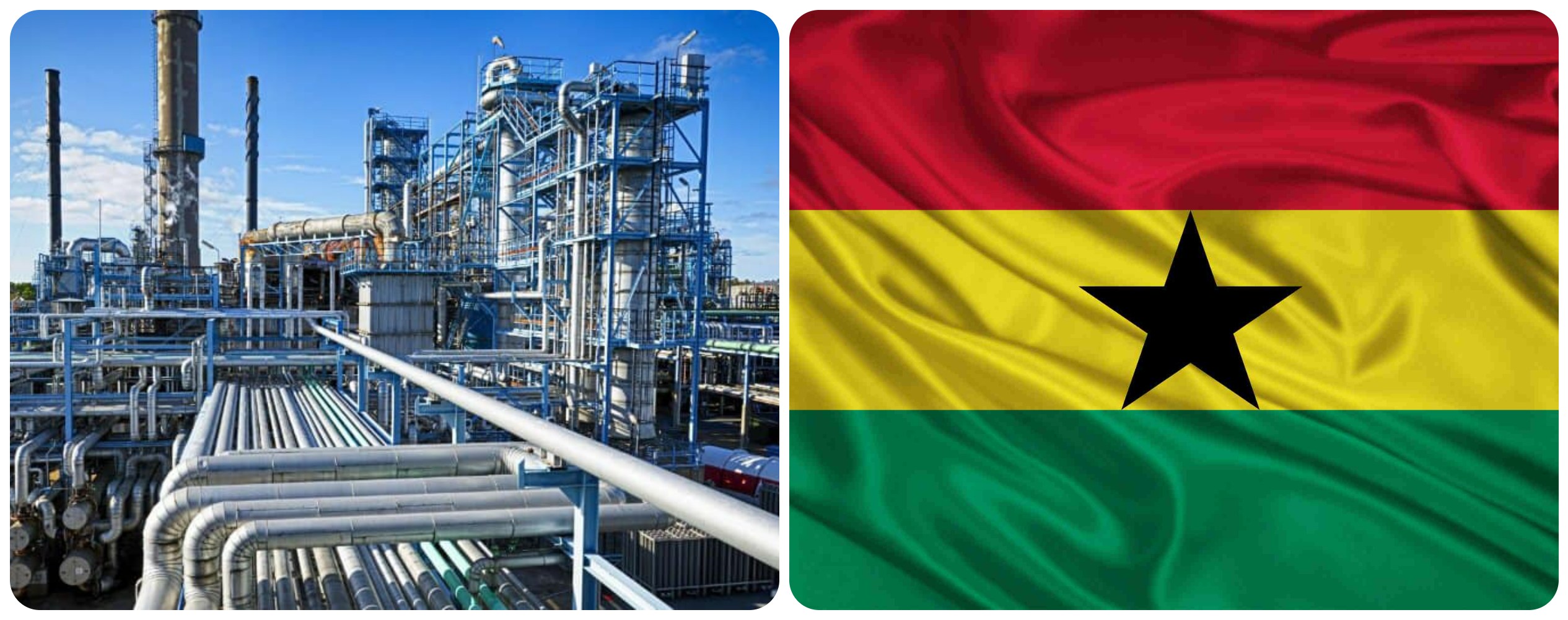The project seeks to boost capacity at the Atuabo Processing Plant to 300 million standard cubic feet per day
The Cabinet of Ghana has approved plans by the Ministry of Energy and Green Transition to develop a second gas processing plant in the country. The project builds on efforts to maximize the country’s 2.1 trillion cubic feet of gas resources to support electrification and industrialization. Developed by the Ministry of Energy and Green Transition in partnership with Ghana’s Ministry of Finance, the project will address fundamental power challenges by increasing security of supply through gas-to-power solutions.
The African Energy Chamber (AEC) – representing the voice of the African energy sector – commends the commitment by the Ghanaian government to unlock the full potential of the country’s gas resources. The AEC views gas as the fuel of the future in Africa, and Ghana, through its focus on gas infrastructure, is laying the foundation for enhanced fuel security and electrification. With the addition of a second gas processing plant, Ghana will be able to bolster power generation and gas utilization across the country, leading to a more prosperous future in West Africa.
With the addition of a second gas processing facility, Ghana is on track to become a regional petroleum hub in West Africa
Currently, Ghana’s sole operating gas processing plant – the Atuabo Plant, situated in the Ellembelle district in western Ghana – produces various gas products, including lean gas, liquefied petroleum gas (LPG) and condensate. With a capacity of 150 million standard cubic feet per day (mmscf/d), the plant delivers gas to the associated power generation facilities. The processing plant utilizes associated gas resources from offshore oil operations in the country to generate power and provide subsidized gas for non-power-related industrial use. With the addition of a second processing plant at the Atuabo facility, Ghana will increase production capacity by a further 150 mmscf/d – reaching a total 300 mmscf/d.
The second gas processing plant will play a crucial role in monetizing gas from offshore oil projects. These include the Jubilee and TEN fields, where operator Tullow Oil plans to bolster output. The company brought the Jubilee South East Project online in 2023, with production measuring 95,000 barrels per day at the Jubilee field. A plan is underway to improve gas handling on the TEN field FPSO, while a 2025-2026 drilling program is also underway at both fields, with Tullow set to drill one producer well and one injector well in 2025. These projects produce significant volumes of associated gas, and with additional processing capacity, Ghana can enhance domestic gas utilization, reduce flaring and improve overall energy efficiency.
Meanwhile, the expansion aligns with Ghana’s broader energy goals, as the country has 17 oil and gas projects planned for development by 2027. By increasing gas processing capacity, Ghana is laying the groundwork to meet growing industrial and power generation demands while positioning itself as a key player in Africa’s energy transition. Speaking at a press conference in early-March, Ghana’s Minister of Energy and Green Transition explained that Cabinet has approved the development of the second processing plant. He said that the plant will play a key role in enhancing energy security in the country, given that Ghana requires $700 million worth of fuel to meet local demand.
“By prioritizing the development of gas-related infrastructure projects, Ghana is not only boosting production capacity but laying the foundation for future growth across the oil and gas sector. The country is quickly becoming a model for how African nations can leverage oil and gas resources to fuel economic growth. With the addition of a second gas processing facility, Ghana is on track to become a regional petroleum hub in West Africa,” stated NJ Ayuk, Executive Chairman of the AEC.



Comments are closed, but trackbacks and pingbacks are open.